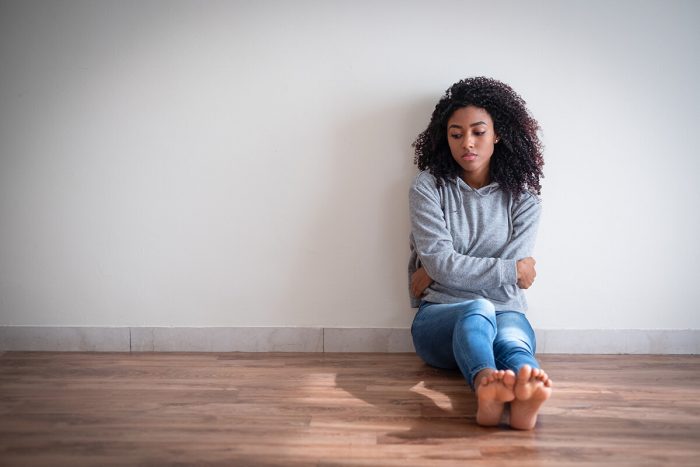
Description
GUEST BLOG: Social Isolation and Social Anxiety by Chloe Barrett at Chloe Louise Wellbeing
The return to work has undoubtedly sparked a lot of emotions for different people, the main one I think we’ve all experienced in any setting with other people has been a level of social anxiety or a general feeling of unease, discomfort and perhaps even fear around others. Sometimes it can help to understand some of the reasons why we are feeling certain emotions to help us distance ourselves from them, and prevent us identifying with those thoughts and feelings and allowing them to control us. Seeing them for what they are, and as separate from us, can help us to let go of them before they become ingrained in us. During the pandemic, whether you were living alone or with other people, we all inevitably experienced feelings of loneliness and social isolation, and these can have very real impacts on our psychology as well as our physiology. Social isolation and loneliness are subjective terms, meaning you can be surrounded by people but feel incredibly lonely, perhaps due to a lack of connection, and conversely, you can live a rather isolated life, however not experience feelings of loneliness. One definition of loneliness has been stated as ‘a distressing feeling that accompanies the perception that one’s social needs are not being met by the quantity and especially quality of one’s social relationships’. One reason for this is that loneliness is a motivator, similar to physical pain, hunger or thirst that moves us to take action that aids our survival. We experience these feelings of loneliness to encourage us to connect with others as we have evolved to rely on social connection for our survival, and these feelings are motivating us to act on that. Loneliness can set off hypervigilance for additional social threat due to feeling unsafe, and can lead to a cognitive bias relative to non-lonely people. As humans we are highly social creatures, and we rely on safe social surroundings for our survival. During times of perceived social isolation we can experience feelings of loneliness, which can lead to increased vigilance and heightened feelings of vulnerability, including a desire to reconnect. Perceived social isolation has been described as synonymous with feeling unsafe, setting off this hypervigilance for social threat in our environment, altering our psychological processes. Subconscious constant surveillance for threat leads us to produce biases in the way we think, look at and process the world around us. Compared to non-lonely people, those that are lonely, perceive more threat in the world, expect more negative social interactions and remember more negative social information. These expectations are often confirmed through eliciting negative behaviours from others, creating a loneliness loop, whereby lonely individuals therefore distance themselves from potential social partners. This can lead to feelings of hostility, stress, pessimism, anxiety, and low self-esteem. In this era of Covid, it is therefore no wonder, that large amounts of the population are experiencing social anxiety, not just around returning to work but in our social lives as well, due to lockdowns, restricted social interaction and enforced isolation periods. It could also be posited that we have a heightened perception of social interactions as threatening, not only due to social isolation, but due to an association of social interaction with potentially catching Covid – even if you are someone that is not overly concerned of becoming ill with Covid. Bringing a level of awareness to these factors can allow us to push past our cognitive biases, seek the help of professionals, and encourage social interaction to break the loneliness loop and ease our anxiety. As we begin to partake in society, experience the joy of social interaction and relieve feelings of loneliness, we can hope to release our negative expectations and cognitive biases, allowing us to more freely enjoy social connection and it’s many benefits. If you need support contact Chloe Louise directly at Wellbeing www.chloelouisewellbeing.com Ref: https://www.ncbi.nlm.nih.gov/pmc/articles/PMC3874845/ loneliness matters – a review of consequences and mechanismsInfo
-->





